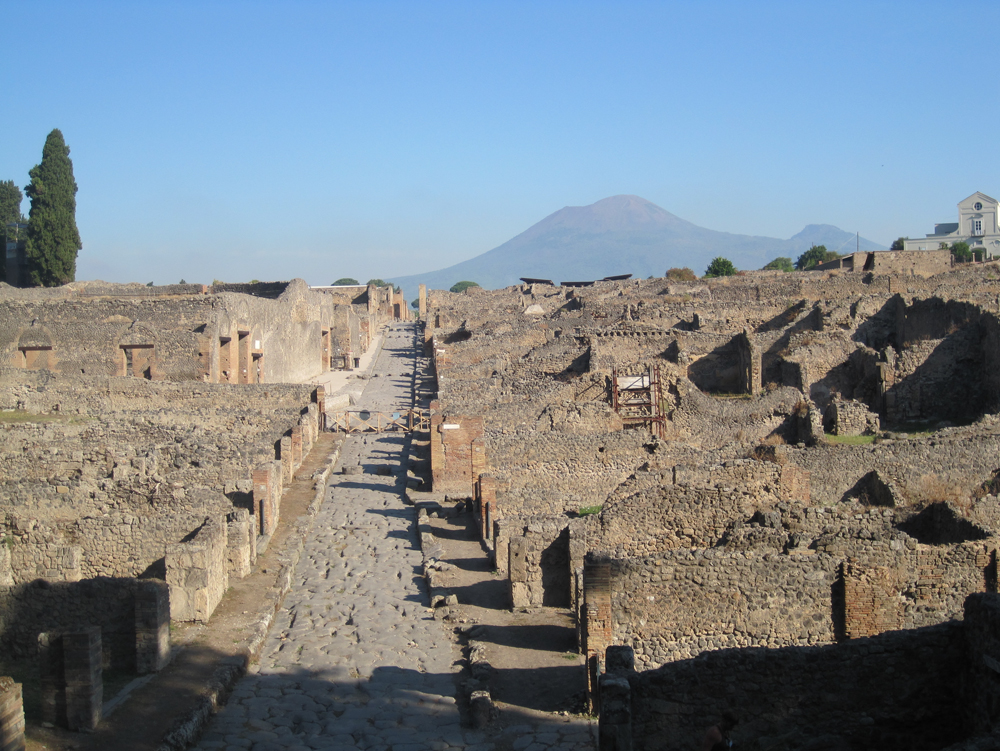
Fine Dining in Pompeii Not Just for the Rich
News January 2, 2014

Recommended Articles
Off the Grid January/February 2026
Prophetstown, Indiana

Letter from France January/February 2026
Neolithic Cultural Revolution
How farmers came together to build Europe’s most grandiose funerary monuments some 7,000 years ago
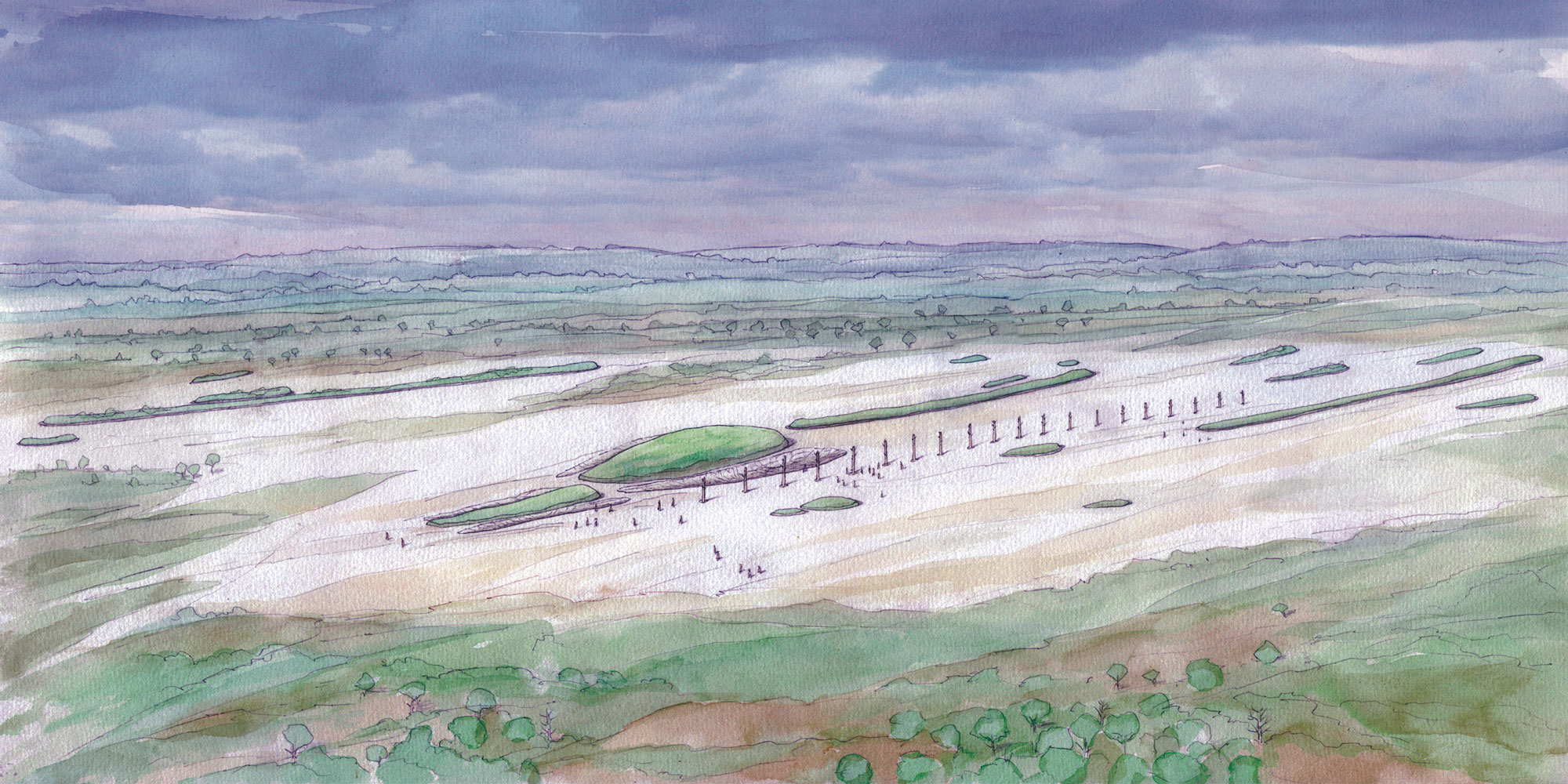
Features January/February 2026
The Cost of Doing Business
Piecing together the Roman empire’s longest known inscription—a peculiarly precise inventory of prices

Features January/February 2026
The Birds of Amarna
An Egyptian princess seeks sanctuary in her private palace
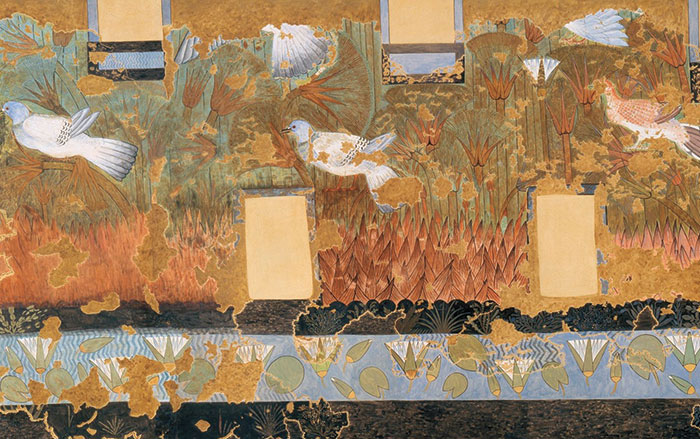
-
Features November/December 2013
Life on the Inside
Open for only six weeks toward the end of the Civil War, Camp Lawton preserves a record of wartime prison life
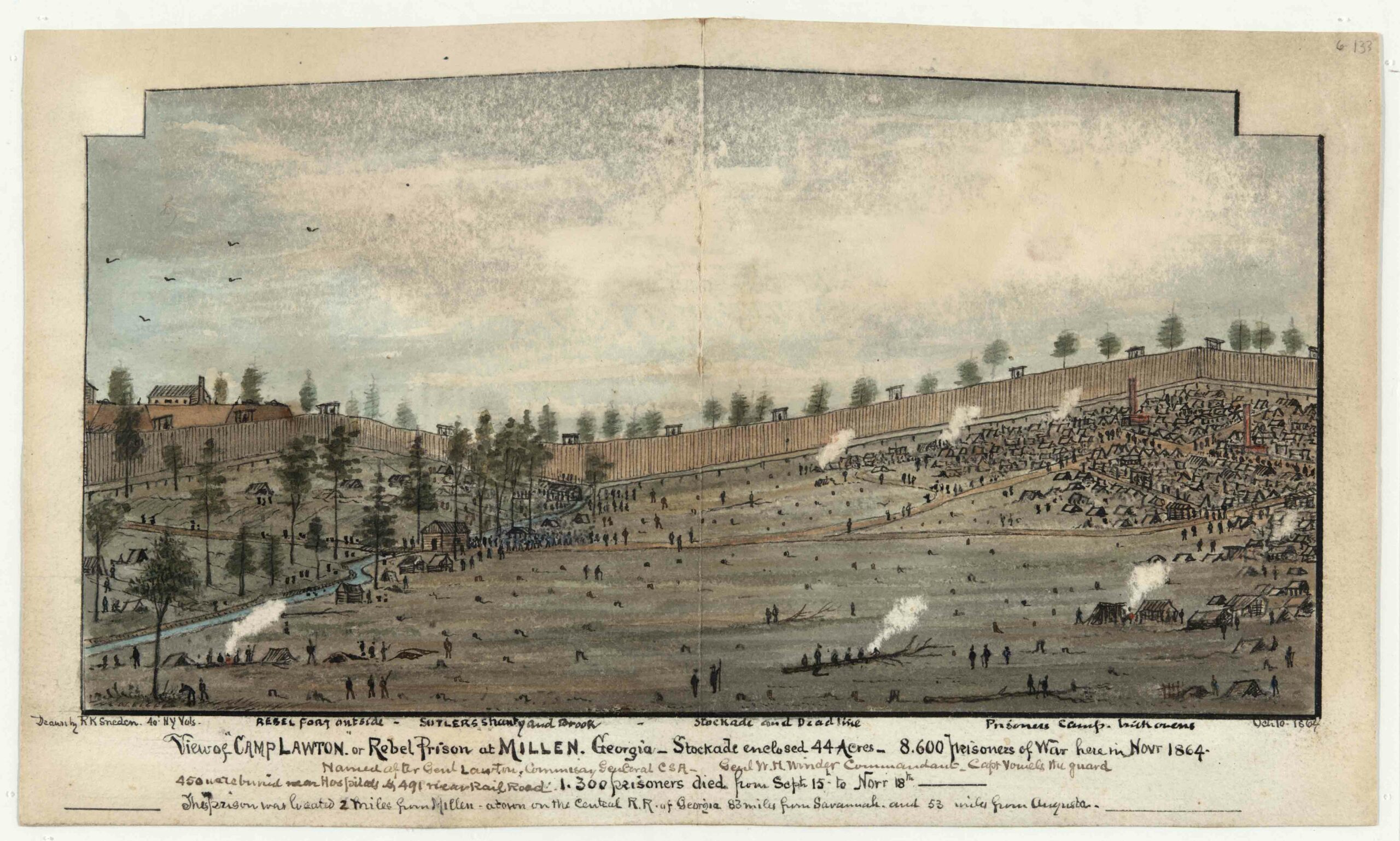 (Virginia Historical Society, Mss5.1.Sn237.1v.6p.139)
(Virginia Historical Society, Mss5.1.Sn237.1v.6p.139) -
Features November/December 2013
Vengeance on the Vikings
Mass burials in England attest to a turbulent time, and perhaps a notorious medieval massacre
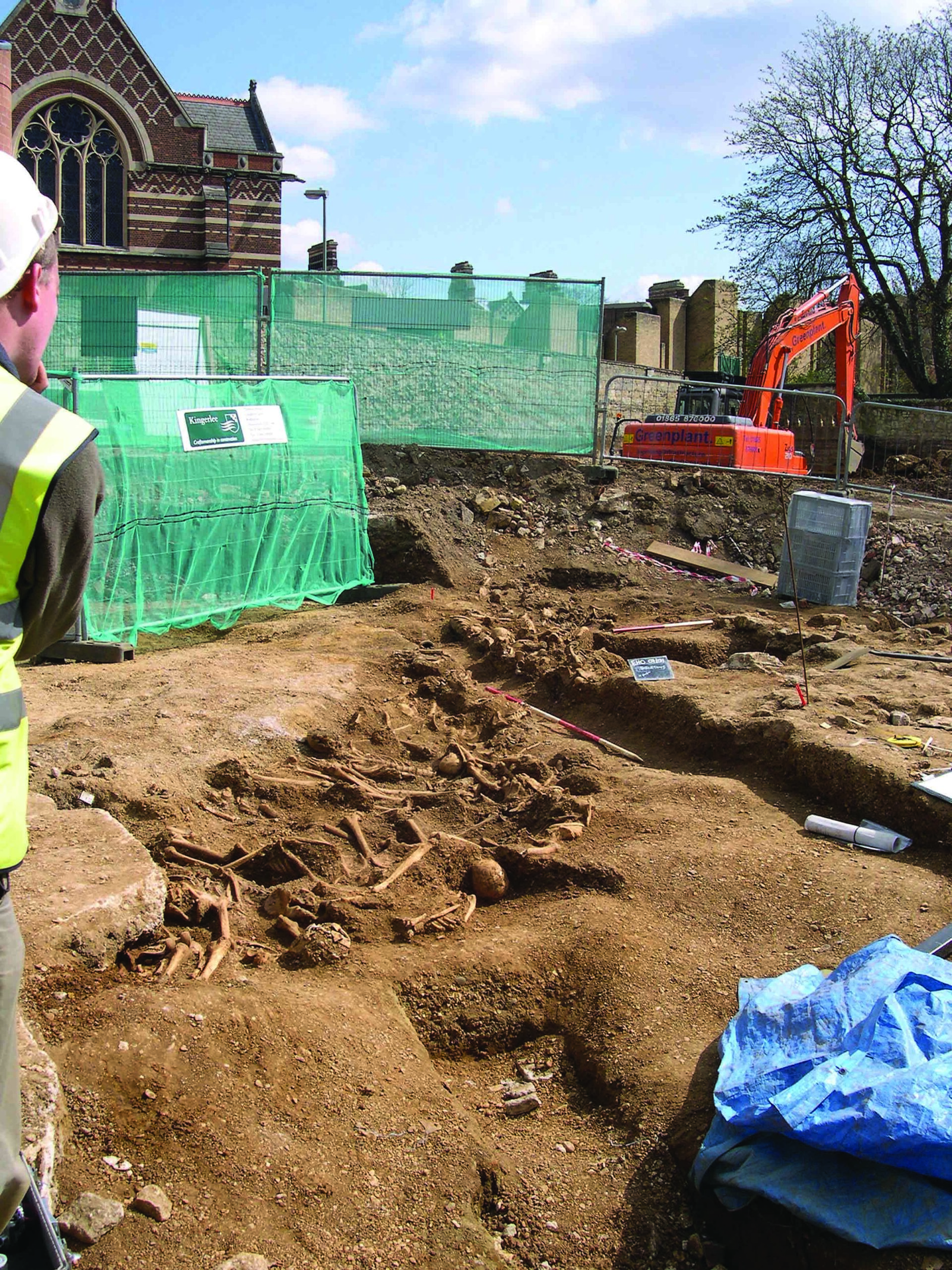 (Courtesy Thames Valley Archaeological Services)
(Courtesy Thames Valley Archaeological Services) -
Letter from Bangladesh November/December 2013
A Family's Passion
A father and son watched over a site in northeastern Bangladesh for decades before archaeologists came to see what was there
 (Courtesy Reema Islam)
(Courtesy Reema Islam) -
Artifacts November/December 2013
Moche Ceremonial Shield
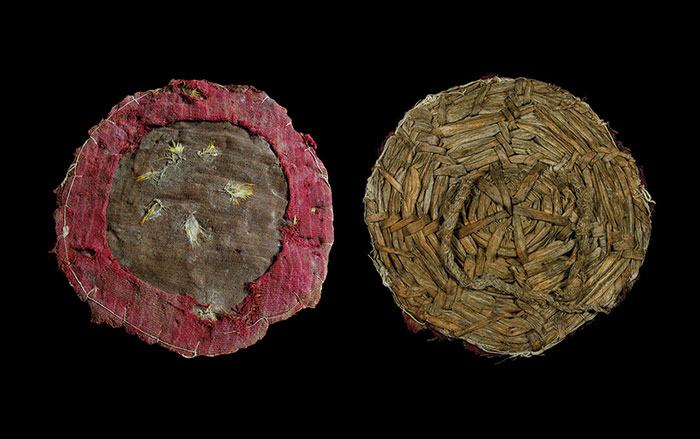 (Courtesy Lisa Trever, University of California, Berkeley)
(Courtesy Lisa Trever, University of California, Berkeley)

